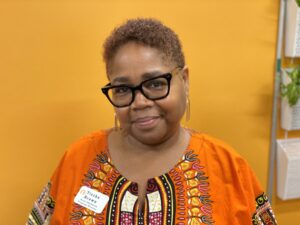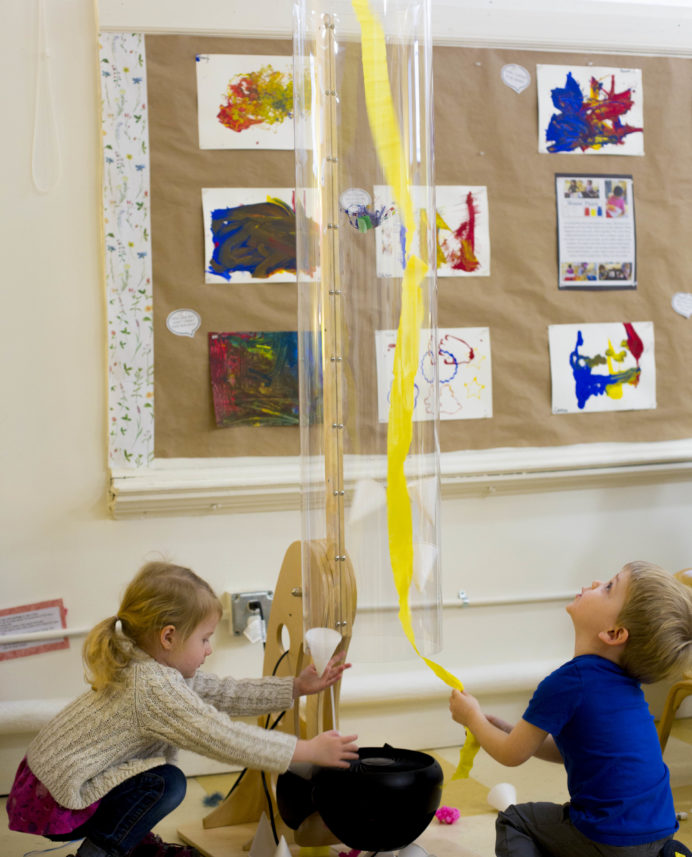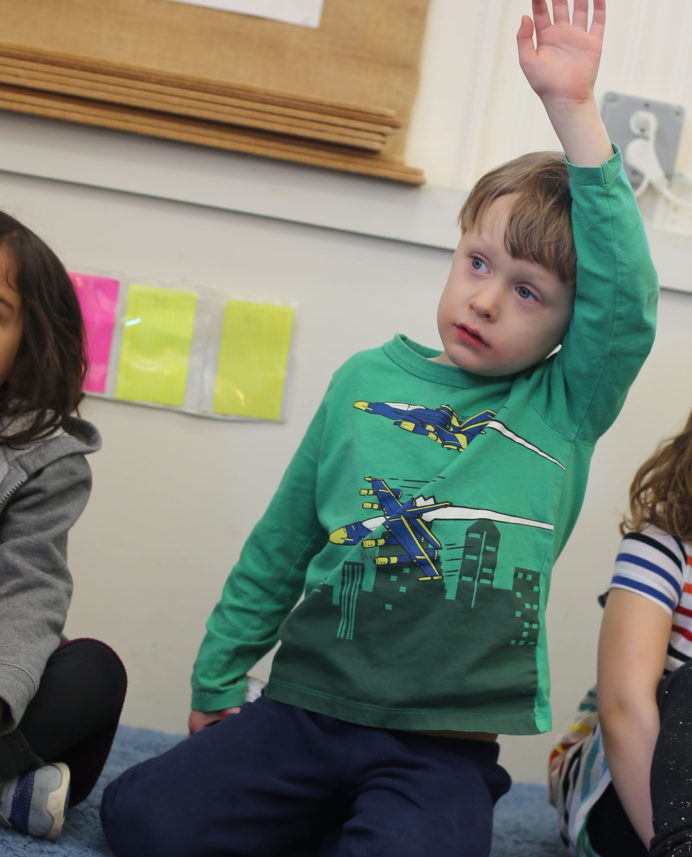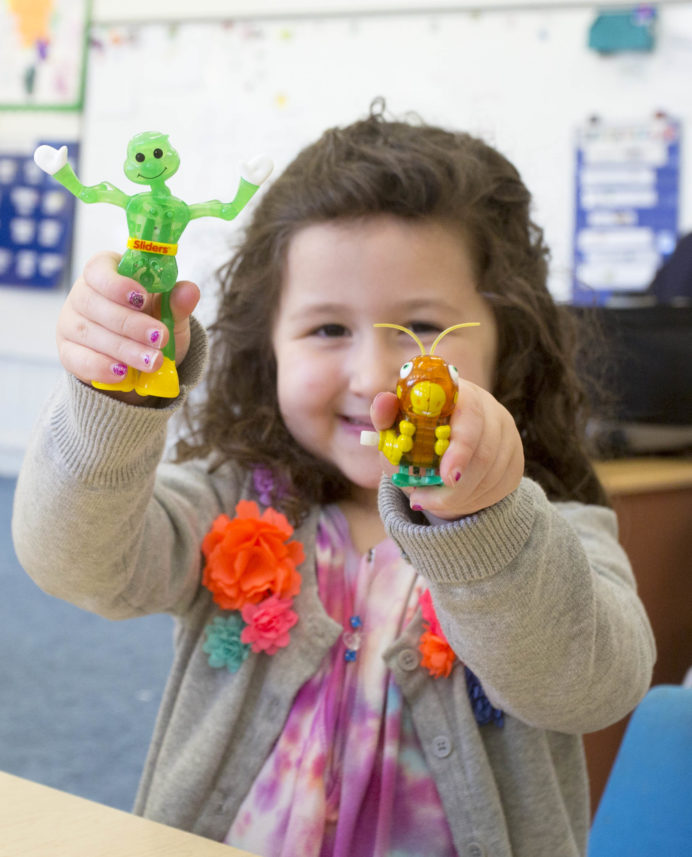
The Early Childhood Years are critical for developing a sense of pride, community, and self-esteem which are essential building blocks for future learning and success. Our emergent curriculum is grounded in the understanding that all children are naturally curious, capable learners. Rather than imposing discrete blocks of time for teaching specific subjects, we embrace early childhood as a flexible continuum that allows us to adapt classroom activities to student interest. Children learn about themselves and the world around them through investigation and discovery, with open-ended hands-on projects, process-oriented art, dramatic play, and social interaction.
Take a Virtual Tour of the Early Childhood Program
Early Childhood Parent Abby Shares her lesley ellis experience
| On witnessing her daughter growing in confidence. | On the strong sense of community at Lesley Ellis. | On the early childhood emergent curriculum. |
|
|
|
|
The Foundation of the Early Childhood Program
The Learning Environment
Early Childhood classrooms offer a “just right” space for our youngest learners. This means flexibility to move about, gravitate to area of interest, and engage in the most immediate, relevant ways. This means fostering a learning environment in all of our early childhood classrooms that promote a deeper exploration of curriculum and increased autonomy.
Exploration and discovery are part of every day while healthy peer interactions build confidence and community. Regularly changing our environment meets the needs of the most curious children and outside time helps us take advantage of both planned and spontaneous play opportunities.
.
The Teacher as “Collaborator”
Teachers serve as nurturer, guide, and partner in learning and discovery. Collaboration is facilitated not only among students but also between students and teachers. Teachers are valued for their experience and inspiration—working as co-constructors of knowledge and actively learning alongside their students.
Observation and Documentation
In the early childhood program, teachers are vigilant observers, constantly listening to how children are playing, which informs their curriculum. Through play, ideas and wonderments emerge from students, creating the perfect blend of learning and discovery. Our skilled teachers document this process, noting the growth in development and adjusting classroom activities to support each child’s needs, which furthers the learning that is taking place. Teachers use their observations and documentation to write thoughtful Developmental Learning Summaries (DLS), which demonstrate each child’s capabilities in a personal and meaningful way. Each DLS is composed of photographs and written documentation of children’s work that represents their thought process.
Project-Based Approach
Classroom activities include open-ended, in-depth studies of everyday topics. These are child-initiated, active learning experiences, through which children feel ownership of their learning. As such, they become increasingly motivated learners who can grow as individuals and collaborators.
Learn More About our Early Childhood Program
The early childhood program at Lesley Ellis School is based upon educating the “whole child” while focusing on their abilities and development. Through our child centered and emergent-based curriculum we integrate all of the learning domains (Social and Emotional, Cognitive, Physical, Language and Literacy) into daily activities. Learning is an individual process which we honor as children move at their own pace along the learning continuum as they develop the skills they need for future academic success.
Traditional academic “disciplines” are explored at appropriate developmental levels and driven in large part by student interest and inquiry. But it is never too early to learn! Our youngest learners are introduced to Spanish, music, and physical education right from the start. Process-based visual arts activities ensure plenty of opportunities for self-expression, and the various developmental domains (literacy, math, science, etc.) are woven into the play-based curriculum—providing a solid foundation for the more structured instruction that begins in kindergarten.

Preschool

Prekindergarten
